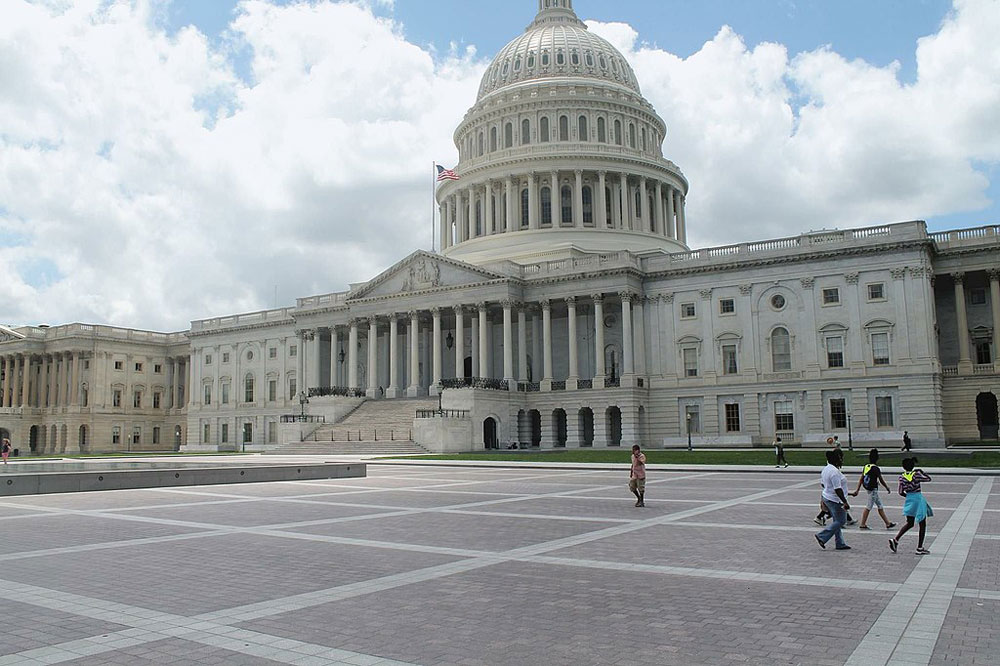March 1, 2011; Source: Boston Herald | In a filing to the Massachusetts Division of Insurance yesterday, Blue Cross Blue Shield of Massachusetts revealed it has committed to paying $11.3 million in severance to Cleve L. Killingsworth, an executive they parted company with last year after the organization began to run “staggering losses”. Nice work if you can get it.
Blue Cross Blue Shield of Massachusetts is one of a number of nonprofit insurers called out by Consumer’s Union last year for hoarding excessive amounts of surplus while raising premiums by the double digits. At that time BCBS of Massachusetts defended themselves saying that that level of surplus was necessary to remain sustainable, but this severance package certainly tends to raise the question again – both of regulation of surplus and premium levels, and of the tax exempt status of the organization.
At the moment, these insurers are regulated to ensure that they keep the minimum required in reserves but there is no ceiling set in most states. This has resulted, according to the report, in some plans having five or six times the minimum reserve. Sondra Roberto, a staff attorney for the Consumer’s Union opines, “the mission of a nonprofit is to provide affordable coverage, so we want that mission to be their priority.”
Sign up for our free newsletters
Subscribe to NPQ's newsletters to have our top stories delivered directly to your inbox.
By signing up, you agree to our privacy policy and terms of use, and to receive messages from NPQ and our partners.
Meanwhile, according to this article in the New York Times yesterday, hundreds of thousands of people across the country are now being cut from the insurance plans that states have been providing for the poor.
Among the states is Pennsylvania where 41,468 people have been cut from the state’s insurance plan for low income people. Governor Rendell had been paying for it partially with payments he had negotiated to be paid into a fund by the four Blue Cross Blue Shields in Pennsylvania. Because they were holding large surpluses, Rendell made the case that the BCBS contributions would prove that they were fulfilling their charitable purpose – but that agreement ran out on December 31 and they stopped making the payments.
From the Times article: “The Blue Cross/Blue Shield plans continue to run substantial surpluses, rising to a cumulative $5.6 billion in 2009 from $3.5 billion in 2002, according to the Pennsylvania Budget and Policy Center, a research group that advocates for low-income families. But the insurers say their obligation to pay for a state program has ended. ‘Our support to adultBasic [Pennsylvania’s subsidized insurance program for low-income people] was always a temporary financing mechanism,” said Aaron Billger, a spokesman for Highmark Blue Cross Blue Shield, the largest of the state’s plans. “We have long told the state that it was unsustainable.”—Ruth McCambridge













